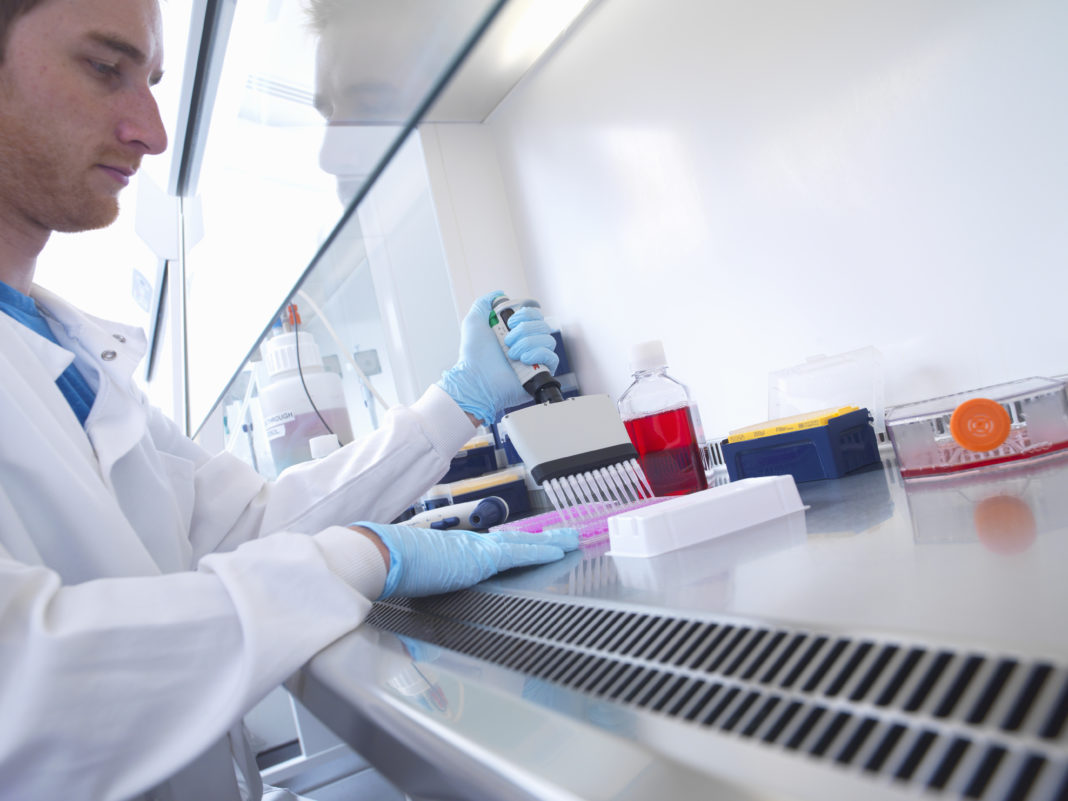Products from Novartis and Gilead proved it was possible to win regulatory approval for chimeric antigen receptor T cell (CAR-T) based therapies in 2017. Since then both drugs have illustrated the challenges involved in commercializing such products.
For Kymriah (tisagenlecleucel), Novartis has been working to expand manufacturing capacity to increase access to new markets and try to meet demand.
CAR-T developers need to make manufacturing more efficient, according to Fabian Gerlinghaus, CEO of technology firm Cellares.
“Commercial scale manufacturing of CAR-T cell therapies is a new problem that really only exists since the approval of Kymriah and Yescarta in 2017. Consequently, there is no standardization yet,” he says. “While the individual unit operations for making a cell therapy product are always the same, the tools and technologies utilized in those unit operations are still evolving and adapting to industry needs.”
Complexity
The problem, Gerlinghaus points out, is that producing autologous cell therapies is laborious, failure-prone, and extremely difficult to scale.
“Much of the challenge stems from the front end of the process, which comprises many manual and labor-intensive steps, including cell enrichment, cell selection, cell activation, gene transfer with either viral vectors or electroporation, and expansion,” he explains.
To try and address this, Cellares developed what it claims is the first industrial-scale cell therapy manufacturing solution. The technology, called Cell Shuttle, is described as a cell therapy production factory-in-a-box that uses automation in a closed system.
“In contrast to any other cell therapy manufacturing solution on the market today, it has the ability to produce up to 10 patient doses simultaneously,” Gerlinghaus continues. “This is an order of magnitude improvement in instrument throughput, which will make desperately needed cell therapies more widely available for patients.
“Tools like AI and machine learning will have a positive impact on cell therapy manufacturing. In fact, we are incorporating these technologies into the Cell Shuttle’s software to mine and analyze the vast amounts of in-process data using machine learning algorithms to help improve the cell therapy manufacturing processes moving forward.”
The cell therapy sector is in dire need of better, more efficient higher capacity manufacturing technologies, Gerlinghaus says.
“What we’re hearing from our partners and the industry at large is the need for a game-changing leap forward instead of incremental improvements. The sector urgently needs manufacturing technologies which provide true walk-away automation from end-to-end as well as the flexibility to support many different workflows out of the box in combination with the throughput and scale to meet patient demand,” he tells GEN, adding that patient demand is likely to increase, citing reports that the addressable patient population for CAR-T cell therapies is 450,000 and is projected to exceed 2,000,000 patients within 5–10 years.
“Today the pioneering cell therapy companies struggle to treat just over 1,000 patients per year. As a result, thousands of patients who could benefit from cell therapies are dying unnecessarily,” says Gerlinghaus. By automating the process, these therapies will reach more patients more quickly.”






